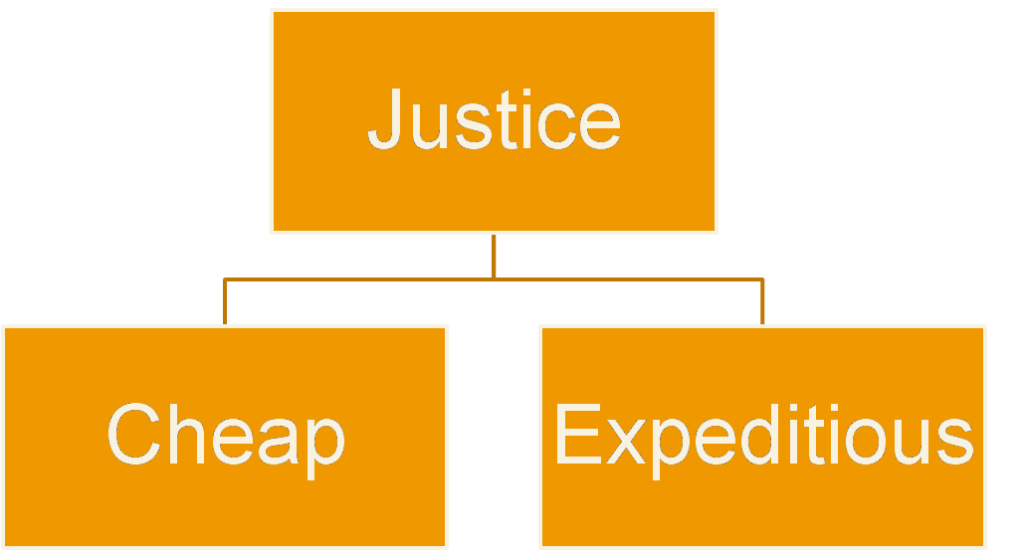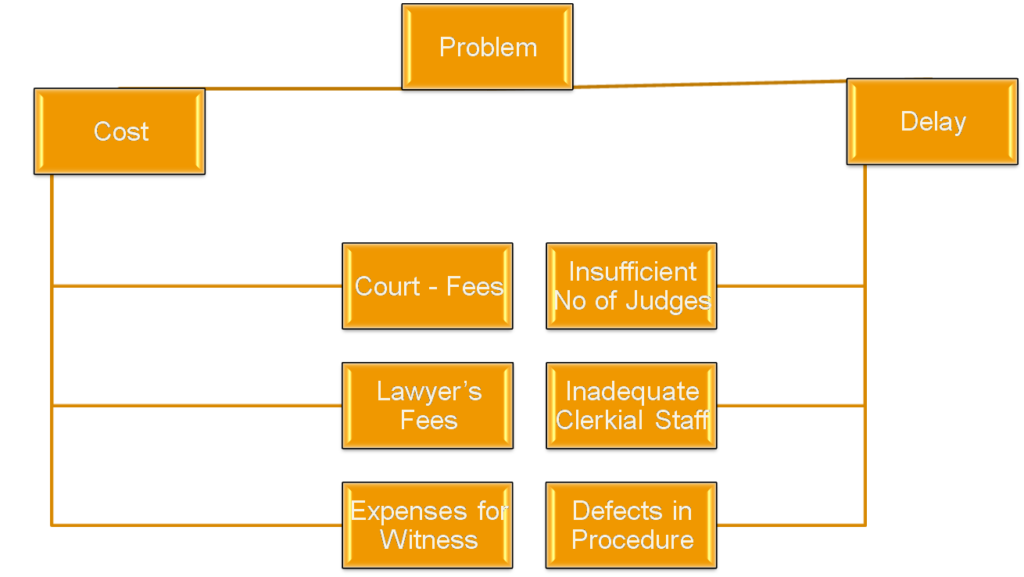Civil Procedure Before 1859
Till 1859, in India, there was no uniform systematized law for the procedures to be followed in Civil Courts. In those past times, under the British standard, there were Crown Courts in Presidency towns and Provincial Courts in Mofussils. Every Princely State or feudal have invented their own procedure , this can be understand by that only Bengal have 9 procedure. Due to this a chaotic situation was arise in the region as there was no uniformity . To provide certainty and uniformity the Britishers drafted Civil Codes which will be applicable primarily in Presidency Towns and secondly to the Mofussils town with some changes according to the ruler of that state.
Important Points
These Courts in Mofussil regions and Presidency towns were administered by various frameworks of Civil procedure through different guidelines, directions and special acts and those were changed on time to time premise based on conditions and needs.
In 1859, a uniform civil procedure code was presented by passing the Civil Procedure Code (Act VII of 1859). Be that as it may, this code couldn’t fill the need as this code was not made relevant to the Supreme Courts (Crown Courts under the Royal Charter) and the Sadar Diwani Adalats (Principal Courts under the Judicial Plan by the Governor-General).
In 1861, the Indian High Courts Act was passed and the Supreme Courts and Sadar Diwani Adalats were abolished. Then the High Courts were set up by supplanting the Supreme Courts at Madras, Bombay, and Calcutta. At that point, the Civil Procedure Code 1859 made relevant to these recently established High Courts.
The Code of 1859 was altered consistently every once in a while and was supplanted by passing the Civil Procedure Code, 1877. This code of 1877 was revised in 1878 and 1879 and the third civil procedure Code was established in 1882, which supplanted the past code. The Code of Civil Procedure 1882 was additionally revised a few times and eventually the present code of Civil Procedure, 1908 was passed eclipsing the deformities of the Code of 1882.
Enacted in 1908 & Came into force w.e.f. 01-01-1909 n
Contains principles of natural justice
Based on justice, equity, and good conscience
Lord Evershed has observed that Justice should be cheap and expeditious. That is what common man wants.

Two Major Problem

“If I am Plaintiff, nothing can stop me. If I am Defendant , nothing can move me “
There is popular belief that the technicalities of legal procedure can be exploited and a case continued almost indefinitely is so desired. In a weak case, apart from numerous applications for adjournments, frivolous interlocutory applications are made e.g. applications for amendments of th pleadings or for amendment of issues, examination of witnesses on commission, summoning unnecessary witnesses, etc.
These tactics do not succeed before an experienced and astute Judge..
These types of delays cannot be considered under the ambit of procedural defects because of lack of experience. Rules of procedure are intended to subserve, and not to delay or defeat justice








No comment